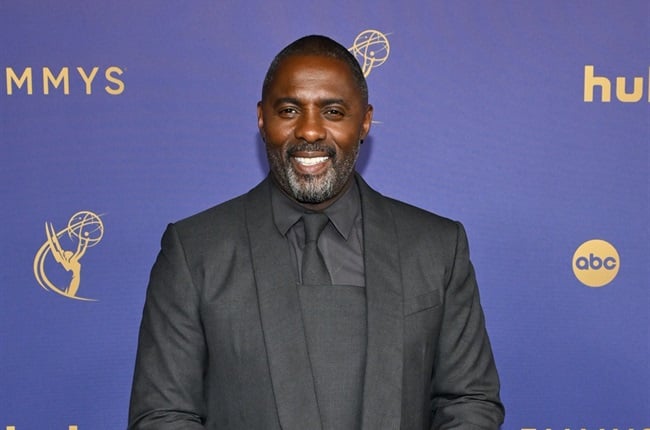Award-winning British actor Idris Elba has announced ambitious plans to relocate to Africa within the next decade, marking a potentially transformative moment for the continent’s film industry. The star’s commitment, revealed during a film industry gathering in Accra, goes far beyond a simple change of residence – it represents a comprehensive vision to revolutionize African storytelling on the global stage.
Speaking at the Ghana event, Elba, whose parents hail from Ghana and Sierra Leone, unveiled his strategy to establish major film studios in multiple African locations, including Zanzibar, Tanzania, and Accra, Ghana. The actor’s declaration comes at a crucial time when African cinema is gaining international recognition, yet still struggles with infrastructure and representation challenges.
“I would certainly consider settling down here; not even consider, it’s going to happen,” Elba stated with characteristic conviction, setting a timeline of five to ten years for his relocation. His approach reflects a deep understanding that meaningful change requires sustained, on-the-ground commitment. “I won’t be able to do that from overseas. I need to be in-country, on the continent,” he emphasized, highlighting the importance of physical presence in driving industry development.
The timing of Elba’s announcement coincides with his upcoming role as Okonkwo in the television adaptation of Chinua Achebe’s seminal novel “Things Fall Apart,” a project that symbolizes the kind of authentic African storytelling he aims to champion. This casting choice takes on additional significance in light of his broader mission to reshape how African narratives are presented to global audiences.
Elba’s vision extends beyond a single base of operations. The star of “Beasts of No Nation” and “Thor” plans to maintain a dynamic presence across multiple African nations, including Ghana, Sierra Leone, and Tanzania, following the pulse of storytelling wherever it leads. This mobile approach suggests a pan-African strategy that could help foster collaboration and cross-cultural exchange within the continent’s film industry.
The actor’s critique of current African representation in global media hits at a crucial issue. If you watch any film or anything that has got to do with Africa, all you’re going to see is trauma, how we were slaves, how we were colonized, how it’s just war,” he observed, contrasting this with the vibrant reality he encounters during his time on the continent. This disconnect between portrayal and reality drives his determination to support authentic African storytelling.
Elba’s initiative comes at a time when Africa’s film industries are experiencing significant growth, with Nigeria’s Nollywood and South Africa’s film sector leading the way. However, many regions still lack the infrastructure and investment needed to compete on a global scale. His planned studios in Zanzibar and Accra could help bridge this gap, providing much-needed facilities for local filmmakers while attracting international productions.
The actor’s commitment to “soft power” through film reflects a sophisticated understanding of how cultural narratives shape global perceptions. By investing in local storytelling capacity, Elba aims to enable African creators to present their own perspectives, traditions, and languages to the world. This approach could help counter decades of external narratives that have often oversimplified or misrepresented African experiences.
The promise of shooting films in his planned Accra studio represents more than just an infrastructure project – it’s a vision of African cinema’s future where local stories can reach global audiences without compromising their authenticity. “We have to invest in our storytelling because when you see me, you see a little version of yourself, and that encourages us,” Elba explained, emphasizing the importance of representation in building confidence and identity.
His background as the son of West African immigrants in London positions him uniquely to bridge different cultural perspectives. Having achieved success in Hollywood while maintaining strong connections to his African heritage, Elba brings both international industry expertise and cultural understanding to this ambitious undertaking.
The impact of Elba’s planned move could extend far beyond the film industry. Successful film sectors can drive tourism, create employment opportunities, and contribute significantly to economic growth. His investment in infrastructure and talent development could help establish sustainable foundations for creative industries across multiple African nations.
As Africa continues to assert its cultural influence globally, Elba’s commitment to the continent’s creative future comes at a pivotal moment. His vision of African storytelling, unbound by traditional narratives of trauma and colonization, suggests a new chapter in which the continent’s diverse voices can reach worldwide audiences on their own terms. With his track record of success and deep understanding of both Western and African perspectives, Elba’s ambitious plans could mark a significant turning point in the evolution of African cinema.



